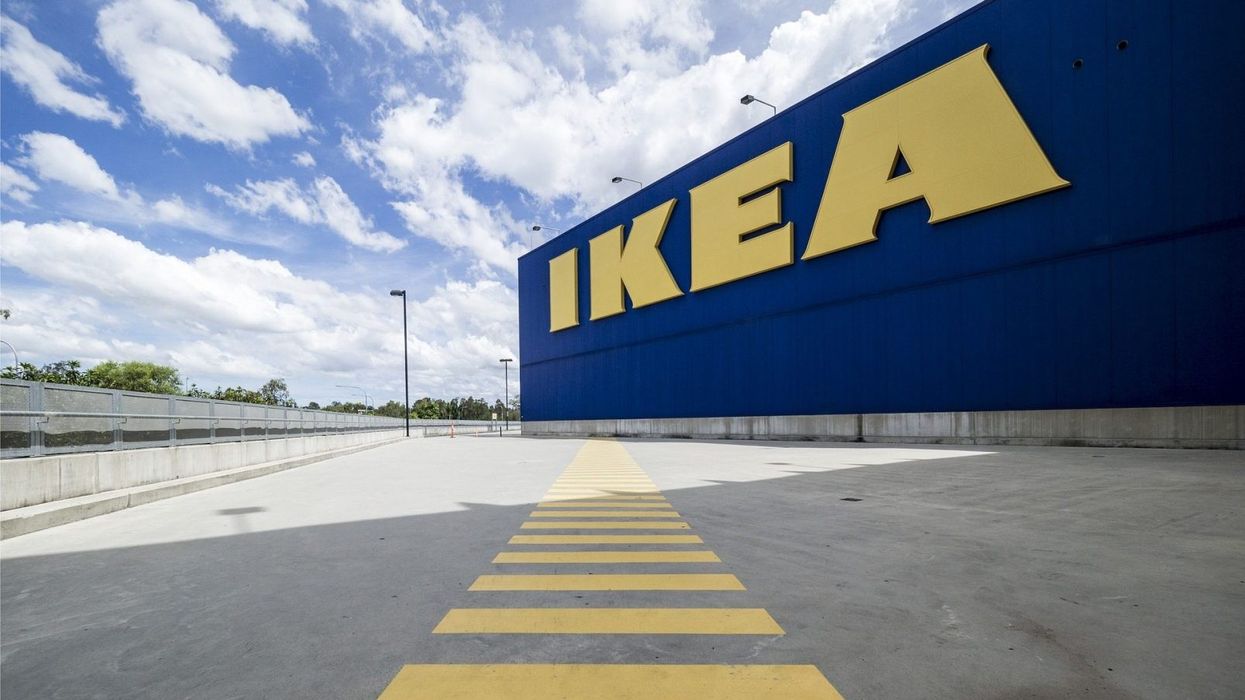Ikea Canada just got greener. The furniture retailer sold its last plastic straw on Wednesday as part of its initiative to phase out single-use plastics in its restaurants and product lines. Biodegradable paper straws will now be used in its place.
This major feat comes nine months ahead of its target date, which was set for Jan. 1, 2020.
READ: 7 Things You’ll Need To Ditch If The Ontario Gov’t Bans Single-Use Plastic
“Plastic straws have become an important symbol in the global movement to drastically reduce plastic pollution in our oceans and waterways,” said Melissa Mirowski, sustainability specialist at Ikea Canada, in a press release. “Together with our co-workers and customers, we are proud to take this significant step to contribute to a world without waste.”
Single-use plastics are a known problem for our waterways and landfills, which is why a number of companies have chosen to eliminate them from their establishments. Starbucks, A&W Canada, and Air Canada are just a few of the big name brands that have announced this commitment, and now Ikea Canada can be added to the list.
READ: Ikea Rolls Out Cross-Canada Sell-Back Program
But eliminating single-use plastics is only one part of Ikea’s plans to become more eco-friendly. The company is working towards an even larger goal: to become a “fully circular business” by 2030.
That means the company will operate with the three R’s (reuse, reduce, and recycle) in mind. Products will be designed using renewable, recycled, and recyclable materials to eliminate waste as much as possible.
READ: 10 Genius Ikea Hacks That Will Take Your Bedroom To The Next Level
Ikea’s sell-back program, which launched in January, is a prime example of its efforts to become a circular business. Customers can “sell” their gently used Ikea items back to the retailer in exchange for store credit. The program helps “maximize the value of the product by giving it another life” through re-sale or donation.
The company's commitment to sustainability is notable. On top of all these efforts, Ikea is also aiming to reduce food waste by 50 per cent by 2020 and to have zero-emissions on its home delivery service by 2025.





















